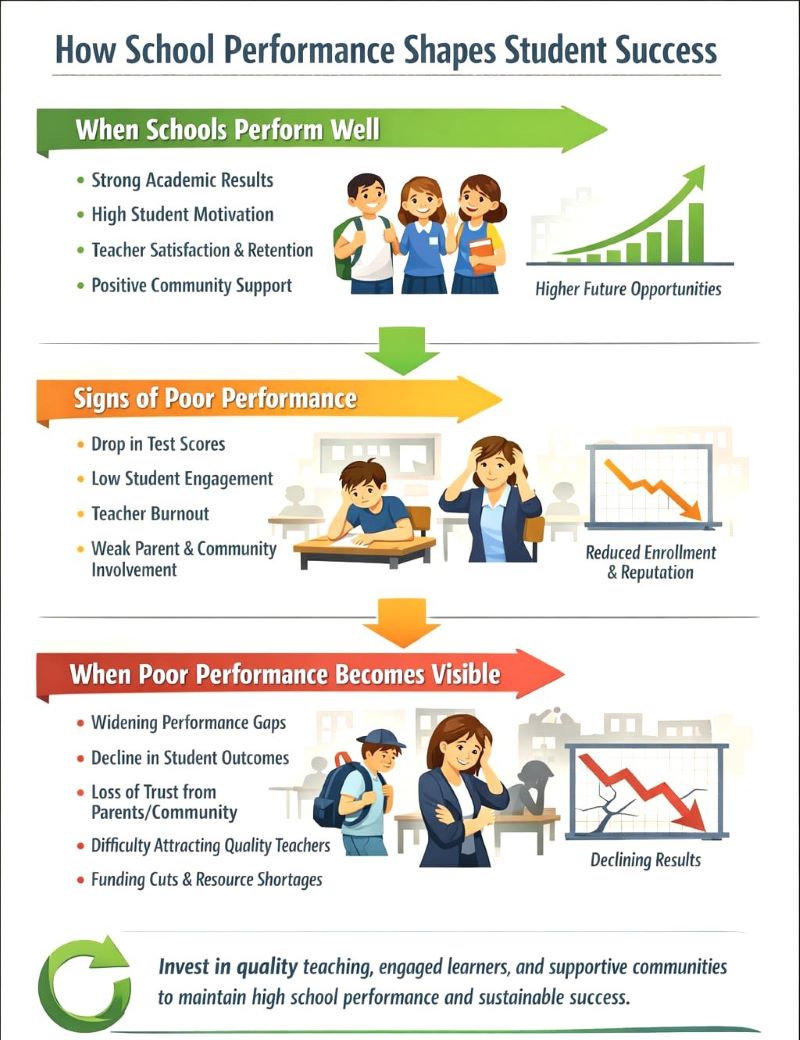How Artificial Intelligence (AI) has affected learning in Universities is a hot topic that some Universities dons view with fear, suspicion and panic. In fact many universities in Kenya discourage the use of AI in research projects, exams or even in completion of small assignments when they should be harnessing its power and embracing it fully.
It is unfortunate that AI genie is out of the bottle and those who don’t learn the pros and cons of using this cutting edge technology will be left behind. The future of education should always be rooted in adapting, adopting and evolving, and adding AI to the mix is just the natural next step in the on -going journey.
The legitimate concerns by Universities and educators is that the AI usage among students, encourages cheating, diminishes student’s creativity and innovation and lower the standards of student’s readability. However banning it, is just a fool’s errand
AI technology enables computers and digital devices to learn, read, write and analyse at a warp speed. Although it is not perfect, it is capable of assessing information and generating content based on data scrapped from the internet or fed into individualised tools called Generative Pre-trained Transformers (GPTs).
According to a report by the World Economic Forum, over 75 per cent of companies worldwide are actively considering the adoption of technologies like AI within the next five years. While approximately 25 per cent of organisations anticipate potential job displacement in specific sectors due to increased AI utilization, 50 per cent of them believe that AI will create new employment opportunities.
A study conducted by the University of Nairobi and KPMG Kenya reveals that more than a third (37 per cent) of Kenyan workers are already utilising AI in their professional roles. An additional 24 per cent believe that their organisations are incorporating AI into their operations. Furthermore, 40 per cent of Kenyan workers expressed their willingness to trust and embrace AI in their work, with 46 per cent comfortable with the idea of AI assuming a more prominent role in their workplace. They cite improved efficiency, cost savings, and the innovation AI enables as key positive aspects of AI integration.
Employers know that technology is advancing quickly, and they don’t want to fall behind. They see that AI can help their businesses by making things faster and more efficient, therefore, they are actively seeking workers who have a positive attitude towards and a willingness to collaborate with AI, rather than fearing its impact.
READ ALSO:
Why are teachers having a negative attitude towards TSC CEO?
Notably, younger generations; Gen Z and Millennials are tech-savvy generations with high curiosity level of new things. They only need little guidance on the basic ethical issues while using AI and how best they can use the technological advancements in making their learning worthwhile.
Learning by memorisation is no longer enough; despite its limitations, the accessibility of information through ChatGPT has led to a shift in educational approaches, emphasizing a more skills-based and problem-solving focused approach.
This shift towards a more skills-based and problem-solving focused approach to education is crucial in preparing students for the rapidly changing and technology-driven workforce. It also encourages critical thinking and creativity, essential 21st century skills.
This is a waking call to all higher education institutions to integrate AI into curriculum to produce graduates with in-demand skills to succeed in an AI-driven economy.
Learning is an inherently complex process and intricate journey. As we pursue new knowledge and skills, thousands of new connections are formed in our minds—and for each learner that process differs. AI-based learning offers the potential to use adaptive platforms that can interpret these nuances and tailor the learning pathway to accelerate the learning process and lift outcomes.
Despite, All the good things AI brings forth, the Universities must be prepared fully to handle challenges in order to ensure a seamless implementation while avoiding unintended consequences.
By Brian Ndigo
Get more stories from our website: Education News
To write to us or offer feedback, you can reach us at: editor@educationnews.co.ke
You can also follow our social media pages on Twitter: Education News KE and Facebook: Education News Newspaper for timely updates.
>>> Click here to stay up-to-date with trending regional stories






